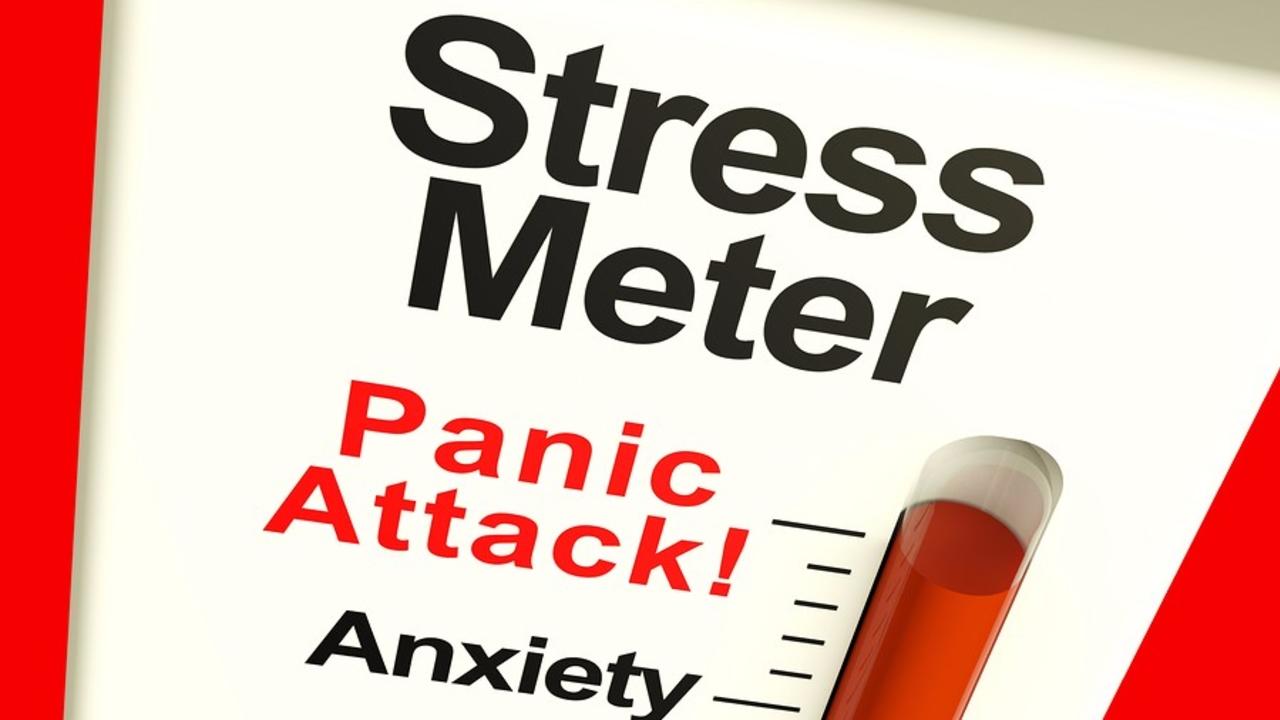The Science Behind the Adrenal Gland

The Adrenal Gland Effects on Your Health
by J. J. Gregor
I've discussed the causes of stress, and how proper adrenal gland function is crucial for other parts of your body. Today I'd like to get more into the specifics of what takes place with adrenal gland stress. Not only are there physical and mental reactions to stress, but there are also many hormones that 'kick in' and compound to that stress. Let’s start with Epinephrine (Adrenaline).
Obviously, it's produced in the adrenal gland and is the hormone that creates the immediate "fight or flight" reactions we experience when a stress arises. Here’s an example: Your driving, and the car in front of you slams on its breaks. You quickly change lanes to get out-of-the-way, barely missing him. Your muscles are tense, the heart is pounding, and breathing is rapid.
That’s epinephrine at work. Epinephrine is also the ‘survival’ hormone in that it will give you a surge of focus and energy, particularly if facing a dangerous situation. Next, there’s Noreprinephrine. Similar to adrenaline in that it's released from the adrenal gland, it differs in that it is also released from the brain.
Noreprinephrine is responsible for arousal, more wakefulness, and more responsiveness. Additionally, noreprinephrine will shift blood flow away from less essential areas, like skin, to the essential areas, like muscles, that you may need during a stressful situation (like having to run away from danger!).
If your adrenal glands are not functioning properly, norepinephrine will kick in to take up the slack because epinephrine and norepinephrine work as 'back-ups' to each other. Depending on how you're handling your particular stress and whether or not it’s long-term, it could take anywhere from a half hour to a few days for your body to return to its normal restful state. Finally, there’s Cortisol which is also produced by the adrenal glands.
This is the steroid hormone, commonly know as ‘the stress hormone.' Unlike the others, cortisol takes a few seconds to respond, and it can take up to minutes for you to feel its effects. This is because there are two more hormones involved that create a multi-step process. Once the amygdala, a part of your brain, recognizes a threat (Fear) it sends a message to the hypothalamus, another part of your brain. The Hypothalamus tells the pituitary gland to release an adrenocorticotropic hormone (ACTH). THEN the ACTH tells your adrenal glands to produce cortisol.
So it's lots of steps for it to work. Optimal amounts of cortisol can be life-saving if you're in survival mode. Cortisol can help maintain your fluid balance and blood pressure. It can also continue regulating your body functions that are not crucial at the moment, like the reproductive drive, immunity, digestion, and growth.
If you are obsessing (any long-term stress) on a problem or constantly on the blood sugar roller-coaster, your body will continuously release cortisol. For example, when you eat a high carbohydrate, grain, and sugar based diet you will constantly be spiking and crashing your blood sugar.
When your blood sugar quickly falls, you will release cortisol. If you are on this roller-coaster, then your cortisol levels will become elevated and serious issues can ensue. Too much cortisol can suppress the immune system, decrease libido by altering your sex hormones, increase blood pressure and sugar, cause obesity, produce acne, long term abuse could also lead to infertility issues, and more. A few other considerations.
The hormones estrogen and testosterone are also steroid hormones and affect your body when you come under stress, as do the neurotransmitters dopamine and serotonin. But the three major hormones - epinephrine, norepinephrine, and cortisol - are the main players in your body’s reaction to stress.
Understanding them and their impact will enable you to get back on track and move ahead more quickly when faced with a stressful situation. The best way to help balance your adrenal glands are to remove the stresses of your life, whether they be Mental, Physical, Chemical, Electromagnetic, or Thermal. Remember that the two biggest stresses that we can control are physical and chemical.
Stay connected with news and updates!
Join our mailing list to receive the latest news and updates from our team.
Don't worry, your information will not be shared.

